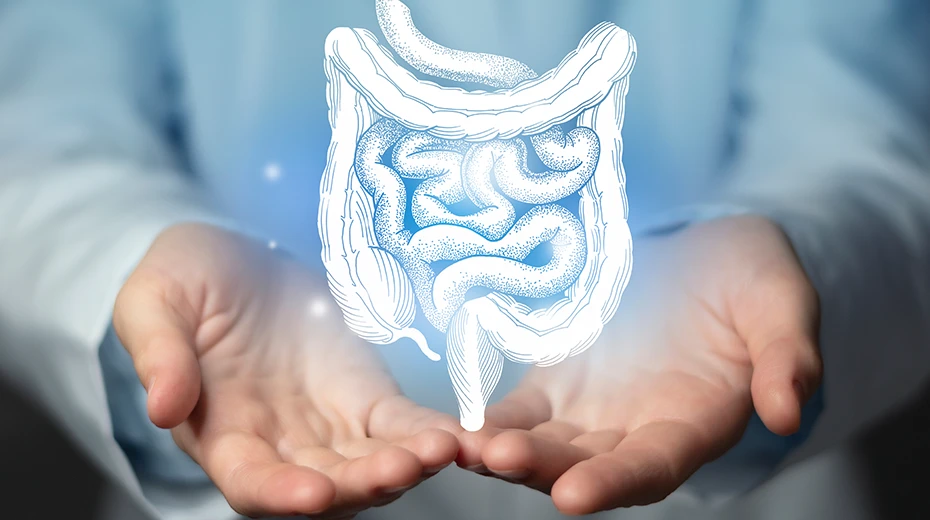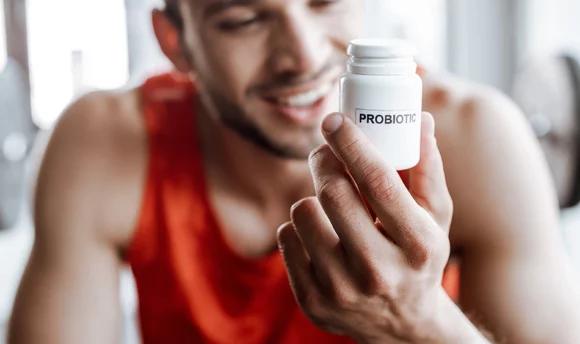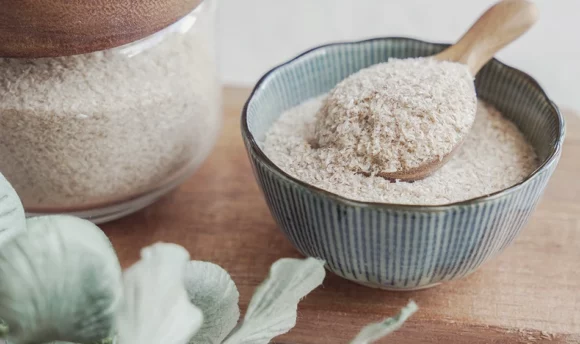How Long Do Probiotics Stay in Your System? What the Experts Say
Discover the factors affecting how long probiotic bacteria stay in your gut and what happens when you stop taking them.

Probiotics promote gut health by improving the balance between harmful and beneficial bacteria in the gut microbiome. As such, millions of people around the world take them every day.
If taking probiotics has become part of your daily routine, you may wonder if the live bacteria stick around in your gut, if you can take too many probiotics, and whether you should continue taking them indefinitely.
So, how long do probiotics stay in your system? We answer all your questions and more based on scientific research behind probiotics.
How Long Do Probiotics Stay in Your System?
It is believed that probiotics stay in your system for 1–3 weeks. However, research suggests that even though the number of supplemented probiotic bacterial strains increases in the gut microbiome while taking probiotics, in most cases, the bacteria are no longer present a week after stopping the supplement.
For example, a study examining how long Lactobacillus rhamnosus remained in the gut after stopping oral supplementation found the numbers declined significantly within a few days of stopping the probiotic supplement. The bacteria were undetectable after only one week.
What Influences How Long Probiotics Stay in Your System
When it comes to the question, “How long do probiotics stay in your system?” several factors come into play.
These include the type of bacteria in your chosen probiotic supplement and the type and number of gut bacteria already present in your digestive tract.
In addition, lifestyle factors, such as your diet and intake of dietary supplements and medication, can influence your intestinal health and the effectiveness and lifespan of supplemental beneficial bacteria.
To understand this better, consider the following 3 main factors:
The type of probiotic
The ability of your probiotic supplement to colonize the gut depends on the probiotic species it contains. Studies suggest that some strains of probiotics are more resilient to the environment within the gastrointestinal tract, surviving longer and having a more sustainable impact on the gut flora.
While most probiotic strains are flushed out of the digestive system within 1–3 weeks, research suggests that Lactobacillus and Bifidobacterium species adhere more readily to the gut lining and are known to thrive in the intestinal environment.
The dosage and frequency
The labels on probiotics tell you how many colony-forming units (CFU) each dose contains. This is important to know because it informs you of how many live bacteria are likely to make it into your digestive tract.
Although the exact dose of probiotics required to offer health benefits in healthy people is unknown, studies suggest that you should take between 7 and 9 billion CFUs per day.
On the other hand, people who require probiotic supplementation to address specific health issues associated with poor gut health, such as acute diarrhea, usually need to significantly increase their intake of beneficial bacteria.
Since most probiotic supplements don’t result in a permanent change in the gut microbiome, they need to be taken continuously to ensure that the probiotics remain in your gut.
Other medications or supplements taken
Scientists have explored the impact of several different types of medication on the gut microbiome. They report adverse changes to the healthy bacteria in the digestive system as a result of both individual drugs and combinations of drugs.
The most significant changes have been observed in people taking proton pump inhibitors for managing gastroesophageal reflux disease (GERD) and those taking metformin to manage type 2 diabetes.
In addition, taking antibiotics to treat a bacterial infection kills not only the harmful bacteria causing your illness but also the beneficial bacteria in your gut.
If the imbalance in the living organisms in the gut is not addressed with probiotics, research shows that your overall health may suffer.
Vitamins and minerals are crucial for maintaining the health of the probiotic colony in your gut. According to research, vitamins A, C, D, E, and K, as well as the minerals calcium, phosphorus, magnesium, iron, and zinc, may result in probiotics staying in your system for longer.
Is There Such a Thing As Too Much Probiotics?
Yes, it is possible to take too much probiotics. Fortunately, the side effects of taking high doses of probiotics for too long are relatively mild and can be alleviated by stopping the probiotics.
The side effects usually include digestive symptoms such as bloating, excessive gas, abdominal pain, constipation, or diarrhea.
It should be noted that similar side effects can occur when taking probiotics for the first time, as your digestive system may need to adjust to the higher levels of beneficial bacteria, depending on the state of your gut microbiome.
How Do You Flush Probiotics Out of Your System?
There is no need to actively flush probiotics out of your system. The probiotic strains in your supplement are naturally expelled from your gut when you stop taking them. Consult with a healthcare practitioner if you feel it’s necessary to expel them more quickly.
Since probiotics are crucial for intestinal health, it’s advisable to avoid cleansing your gut. Instead, simply stop taking probiotics and focus on eating a fiber-rich diet to naturally support the growth of healthy bacteria and promote regular bowel movements.
How to Know if Probiotics Are Working?
Some of the signs that indicate that your probiotics are working include less bloating and more regular bowel movements. In other parts of the body, you may experience better sleep, improved mood, glowing skin, a stronger immune system, better brain health, more energy, and weight loss.
Each probiotic strain offers unique health benefits, and everybody has a distinctive gut microbiome. Therefore, the impact probiotic intake has on your overall health depends on the type of beneficial bacteria you take and the balance of good and bad bacteria in your gut.
For some people, the positive effects of probiotics are experienced within a few days, but for others, it may take a bit longer to start working.
A Word From Our RD


Scientific evidence shows that taking probiotics temporarily alters the gut microbiome. While taking probiotics as dietary supplements, you may experience improved well-being as a result of better gut health and a stronger immune system.
When you stop taking the supplements, the number of probiotic bacteria in the colon starts to decline. To continue benefiting from a healthy gut microbiome without probiotics, you must adjust your diet.
The best way to naturally promote the growth of probiotic species is to eat a healthy diet rich in high-fiber foods. The good bacteria use dietary fiber as fuel and, in turn, synthesize metabolic by-products that promote overall health and help alleviate digestive problems.
FAQs
Yes, most probiotics stay alive in your gut. The health benefits are the result of the by-products produced by the live microorganisms in your digestive system. Therefore, they must be shielded from stomach acid by a protective coating.
When you stop taking a probiotic supplement, the probiotics stay in your system for a few days or up to 3 weeks.
Yes, it is okay to take a probiotic every day. Consult with your healthcare provider if you are taking them for a specific health reason and wish to continue experiencing the benefits they offer.
Conclusion
Beneficial bacteria such as those found in probiotic supplements stay in your system only for a short time when you stop taking them. In most cases, they are no longer present within a week, but they may remain for up to 3 weeks.
As such, if you wish to maintain a healthy gut microbiome, it is necessary to either continue taking the probiotics or increase your fiber intake to naturally support the growth of good bacteria.

















































 Select your language:
Select your language: 










